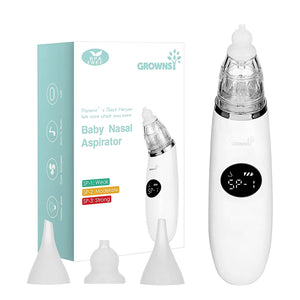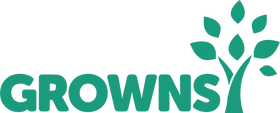General nasal congestion, runny nose, and symptoms such as fever or cough are likely to be caused by the common cold or flu. As long as the baby is in a good state of mind, he can eat, sleep, and play normally, and generally does not need to take medicine.
Under what circumstances does the baby need medication?
Continuous nasal congestion and runny nose for more than 10 days or pus nasal discharge with fever for more than 3 days
If the baby’s nasal congestion and runny nose does not improve for more than 10 days, it suddenly worsens after a few days of improvement, or the runny nose is sticky and yellow, and has a fever for more than 3 days. It is necessary to consider the possibility of acute sinusitis and need to take it in time See a doctor for your baby.
After the diagnosis is confirmed, antibiotics can be used for a full-dose full course of treatment under the guidance of a doctor. The usual course of treatment is recommended to be 10 days.
Antibiotics are prescription drugs and must be used under the guidance of a doctor, otherwise they will easily lead to the abuse of antibiotics.
What to do if a baby has a cold, runny nose and stuffy nose
When the baby has a cold, runny nose or stuffy nose, parents can take the baby to the bathroom full of water vapor, or prepare a glass of warm water under the baby's nose to let the baby inhale the water vapor, or put a warm towel on the base of the baby's nose. These methods can reduce the edema in the nasal cavity, relieve the symptoms of nasal congestion, and at the same time dilute the secretions to facilitate the discharge of the secretions. If necessary, you can take your baby to the hospital to find out the pathogen causing the cold, and treat the symptoms against the pathogen.
1. Apply heat to the nose
A warm towel is applied to the base of the nose to relieve nasal congestion. If the towel is cold and then exchange heat, rotate it several times. After the nasal mucosa shrinks due to heat, the nasal cavity will be smoother, and the sticky nasal mucus is easier to hydrate and flow out.
2. With the help of saline nasal drops and nasal aspirator
If the baby’s nostrils are blocked by the nasal mucus and affect his breathing, he can use saline nasal drops first, and then use a Baby Nasal Aspirator to help the baby suck out the mucus.

3. Soak your feet and drink warm water
Soak your baby's feet with warm hot water before going to bed, but be careful not to overheat the water and do not scald the baby. After the water is cold, you can keep changing the water until the child has sweat on his forehead. Drink some warm water appropriately.
4. Hot steam for nose
Hot steam nasal smoking is a good way to relieve baby's nasal congestion and runny nose. If there is a face steamer at home, turn on the face steamer, let the face steamer face the baby's face, and expose him to moisture and heat. The steam can moisten the baby's nasal cavity and expel a large amount of nasal mucus quickly and naturally. But be careful not to get too close to the baby when using it, so as not to hurt his delicate skin; and it should not be too long for one use, about 3 minutes.
5. Diet
Babies who have added supplementary food can eat some fruits appropriately. Fruits contain a lot of vitamin C, which is beneficial to the recovery of colds and reduces the production of nasal mucus.
Folk diet remedies: For older babies, you can try boiled water. Wash the shallots with whiskers clean, cut into sections, and boil in a small pot. Drink 300ml a day to treat the initial cold and flu without fever. If your baby doesn't drink it, you can add some brown sugar. Brown sugar can be seasoned and has the effect of repelling cold.
